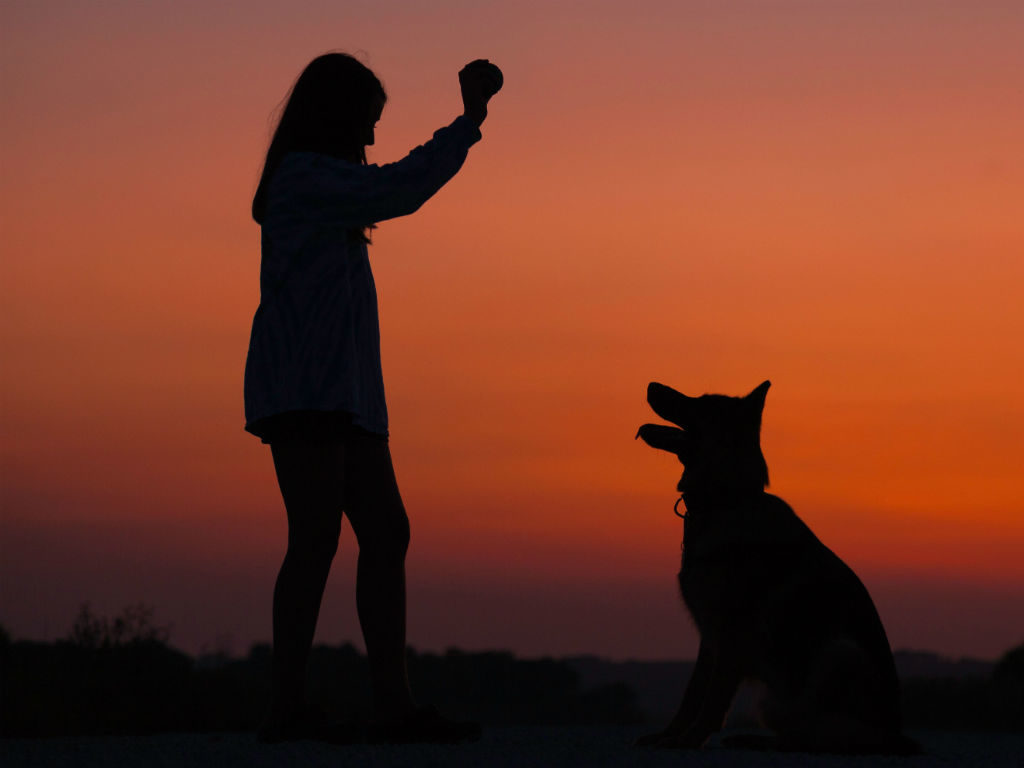It’s no joke: Taking care of a dog is a big responsibility. There’s so much to do and keep track of. And even conscientious dog owners may be making big mistakes… and not even realizing. So read about these common mistakes most dog owners make, and find out if you’re guilty…
DON’T: Adopt a Dog You Can’t Afford

Many dog ownership a normal, even essential, part of domestic life. But dogs are expensive, and a lots of folks who want one can’t afford it. On average, dog owners spend $20 to $100 a month just feeding their dogs. Not to mention vet bills and grooming. These are necessities, and adopting a dog without being able to provide its basic needs is cruel.
